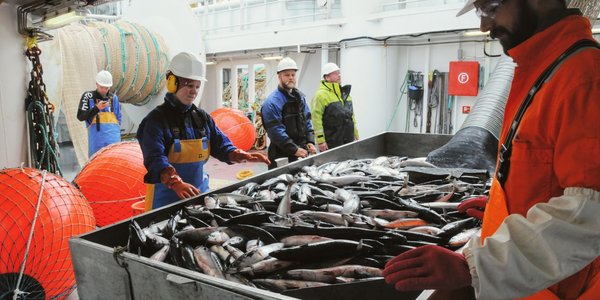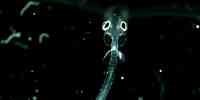News
Result: (278) Showing 121 - 150

The mackerel cruise can be followed online
03.07.2020

Why the fjords turn green
02.06.2020

Eels only reach puberty at the age of 19
26.05.2020

Wild salmon’s wild journey in the ocean
26.05.2020

Herring larvae swim towards the sun
27.04.2020

story
Watch the cod spawn
16.03.2020

The skrei is on its way
21.01.2020

Polar cod in climate crisis
15.01.2020

Learning to reveal the secrets of the sea
09.01.2020

How to cook blue mussels in four-ish minutes
20.12.2019

Ocean Science Decade: From talk to action
12.11.2019

















